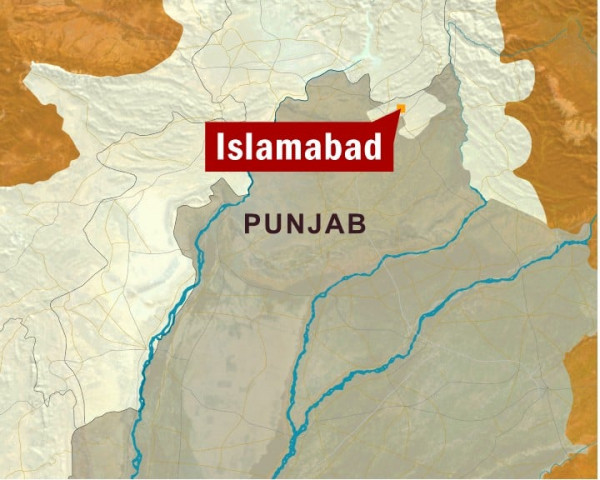Playing games: Halted too soon: CDA decries BRT project objection
Civic agency calls Cabinet Division decision “unnecessary, premature”.

Civic agency calls Cabinet Division decision “unnecessary, premature”.
The Capital Development Authority (CDA) has termed the Cabinet Division’s objection to its proposed Bus Rapid Transit (BRT) project “unnecessary, premature and a deliberate attempt to disrupt the project at its primary stage”.
A few days ago, the Cabinet Division had written to the CDA explaining that as per the CDA Ordinance 1960 the civic agency was not permitted to run any project through joint ventures with private parties.
CDA’s controlling division has raised concerns over the objection at a time where it was in the process of establishing a BRT Cell based on conditions outlined by the Asian Development Bank (ADB).
The BRT Cell was dedicated to oversee the affairs of the BRT project.

In principle, the CDA Board has approved the project following the ADB’s pre-feasibility study which was deemed as successful.
During this study, ADB offered the CDA a multi-tranche loan to help build the BRT project.
In the backdrop of that offer the Planning Commission of Pakistan had written to the CDA chairman asking for the civic agency’s consent over the issue.
“Terms and conditions of the loan offered by ADB will be discussed during the second stage of the project and if viable, the option will certainly be considered,” CDA Spokesperson Malik Saleem said.
“Because the ADB has offered to provide a soft loan to fund 80 per cent of the project, CDA had ruled out running the project through self-funding and considered holding a joint venture,” CDA Member Planning and Design Syed Mustafain Kazmi said.
“Entering into a joint venture is one of the options. We are also optimistic about the ordinance, which if amended and signed by the President will give CDA the authority to hold joint ventures with private firms to initiate projects,” he added.

Kazmi declined to comment on why the Cabinet Division had objected to such an important public welfare project.
During its pre-feasibility study, the ADB had estimated the project cost to be Rs7.5 billion, suggesting that as many as 48 multi-fuel buses would be inducted in the first phase across five different intra-city routes.
According to ADB estimates, a detailed feasibility study is expected to cost US$800,000, out of which the donor agency has already approved US$250,000.
ADB has suggested two financial plans. The long-term financing plan spans over 10 years while the short-term plan on five years.
Published in The Express Tribune, March 24th, 2013.



















COMMENTS
Comments are moderated and generally will be posted if they are on-topic and not abusive.
For more information, please see our Comments FAQ